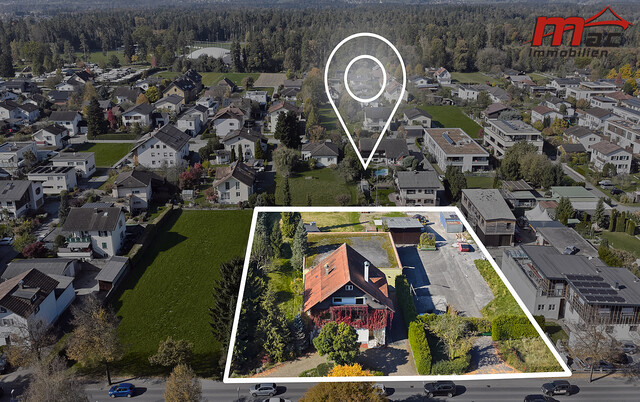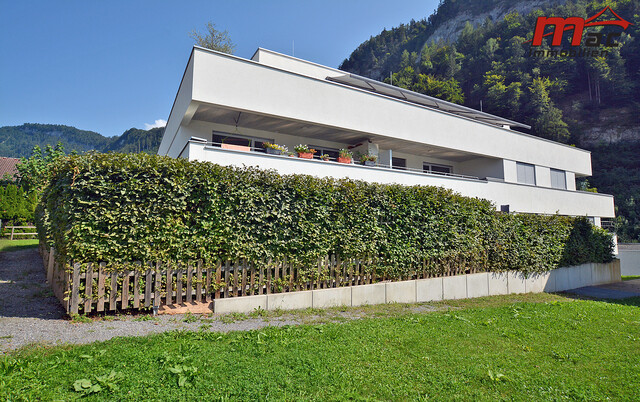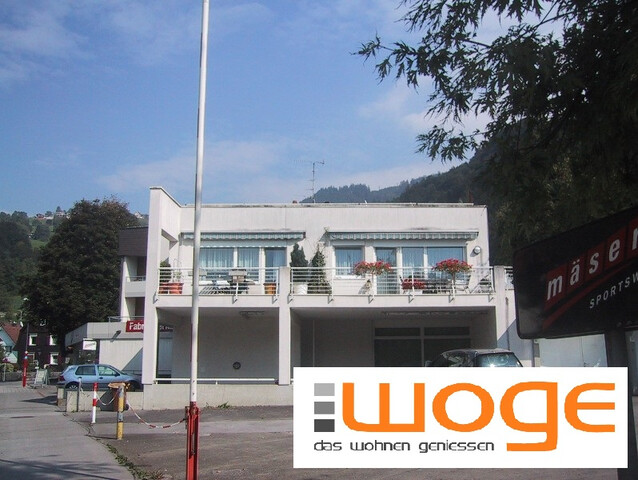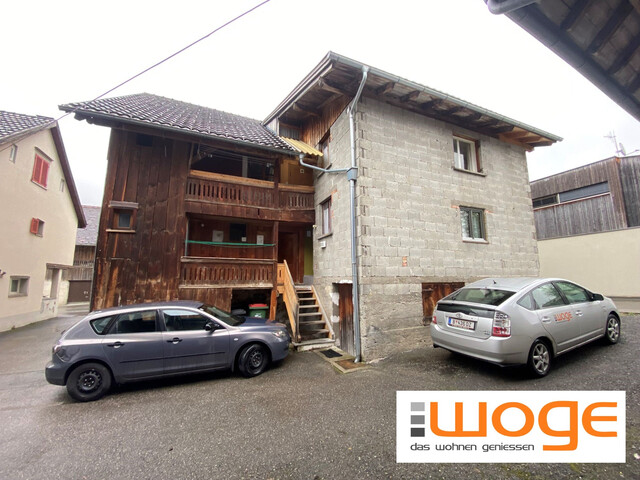WKÖ Salary Increase Causes Criticism and Praise

On Monday, it was reported by the "Presse" that the salaries of the Chamber of Commerce employees are to increase by 4.2 percent. This is clearly above the inflation rate of 3.5 percent. In numerous industries, however, wage increases this year are noticeably below inflation due to the weak economy.
Criticism of WKÖ Salary Increase from FPÖ, Neos, FPÖ, and Federation of Austrian Industries
Sharp criticism of the WKÖ salary increase comes not only from the FPÖ and the NEOS but also from the Greens and the Federation of Austrian Industries (IV) Vienna. FPÖ social spokesperson Dagmar Belakowitsch described it in a statement as a "slap in the face for every domestic entrepreneur and employee." For NEOS Secretary General Douglas Hoyos, the Chamber of Commerce has "lost all sense of proportion and grounding." According to Elisabeth Götze, economic spokesperson for the Greens, the chamber seems more like a self-service shop than a representation and service organization for companies. According to IV Vienna President Christian Pochtler, the decision is "insensitive and also a fatal signal for all subsequent wage negotiations and collective bargaining rounds, given the challenging overall economic situation in which domestic companies currently find themselves."
Praise for WKÖ Salary Increase from the Union
Unusual praise for the Chamber of Commerce comes from vida head Roman Hebenstreit: "I expressly welcome the Chamber of Commerce's and its president's change of mind," said Hebenstreit in a statement. "Wage restraint and loss of purchasing power cannot be a solution - we have always said that as a union. If the Chamber of Commerce now agrees to a 4.2 percent increase for its own employees, it is a clear commitment that there can be no economic recovery without proper wage increases," he positioned himself for the collective bargaining negotiations in the trade sector, which begin this week.
WKÖ: Salary Increase Based on Last Year's Collective Bargaining Agreements
The Chamber of Commerce itself does not like to hear this praise and argues that this year's salary increase is delayed and strongly oriented towards the collective bargaining agreements of companies from the previous year, "to best reflect the realities of member companies." Last year, the collective bargaining agreements ranged from 5.4 percent to 9.2 percent.
The annual salary increases for WKÖ employees are significantly lower in long-term comparison than in the private sector or public service. Since 2015, the "factor increase" in the Chamber of Commerce has averaged 2.6 percent - and thus not only significantly below the collective bargaining increases in trade (3.1 percent) or public service (3.2 percent), but also below inflation (CPI: 3.1 percent). The "factor increase" is not the result of negotiations, but a formula that considers inflation and the wage index. This calculation formula was unanimously approved by all factions in the WKÖ presidency in 2024, according to the WKÖ.
AK Employees Receive Between 2.7 and 2.9 Percent More
For comparison: Employees of the Chambers of Labor receive between 2.7 percent (old employment contracts) and 2.9 percent (new employment contracts), with most employees already having new employment contracts. The rolling inflation, this year in April, serves as the basis for salary negotiations between the works councils and the presidencies of the nine state labor chambers. There are no overpayments in the AK, uniform "scheme salaries" apply.
Chambers of Agriculture Adopt Public Service Agreements
It is different again in the Chamber of Agriculture, as LKÖ Secretary General Ferdinand Lembacher explained to the APA: At the federal level and in most federal states, the agreements of the public service are adopted 1:1. In some state chambers, this has also been different in recent years - in these cases, however, these have always been deviations downwards.
(APA/Red)
This article has been automatically translated, read the original article here.
Du hast einen Hinweis für uns? Oder einen Insider-Tipp, was bei dir in der Gegend gerade passiert? Dann melde dich bei uns, damit wir darüber berichten können.
Wir gehen allen Hinweisen nach, die wir erhalten. Und damit wir schon einen Vorgeschmack und einen guten Überblick bekommen, freuen wir uns über Fotos, Videos oder Texte. Einfach das Formular unten ausfüllen und schon landet dein Tipp bei uns in der Redaktion.
Alternativ kannst du uns direkt über WhatsApp kontaktieren: Zum WhatsApp Chat
Herzlichen Dank für deine Zusendung.








